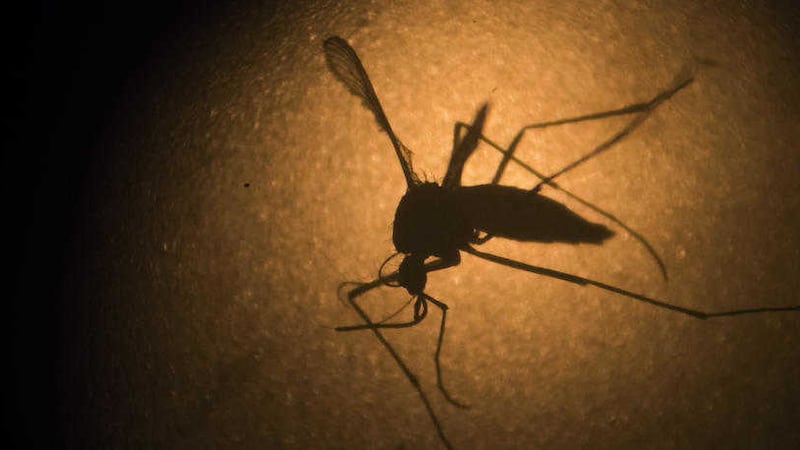A NEW international research project to tackle the Zika virus is to be lead by an expert from Ulster University.
Professor Helen Dolk, a world-leading congenital anomaly expert, is currently working on two unique programmes to gather and analyse data on cases of Zika.
The Zika virus is mainly spread by mosquitoes and evidence of the risk of birth defects and other complications in infants born to infected mothers is growing.
It has most recently affected the Olympic Games in Rio, with several withdrawing from the competition, including golfer Rory McIlroy.
Ms Dolk is funded by the Medical Research Council for the work, which involves collecting data on abnormally small heads in infants or microcephaly, one of the potential complications of the Zika virus.
She is working in partnership with The Latin American Collaborative Study of Congenital Malformations (ECLAMC) on data collected in seven Latin American countries over the last ten years.
Additional funding from the European H2020 programme will also see Professor Dolk working, as part of a European consortium, to improve surveillance systems of congenital anomaly in Latin America and worldwide.
Professor Dolk said: "For most people Zika is a mild infection and isn’t harmful. However, it is serious for pregnant women as there is evidence that it causes birth defects, particularly microcephaly, although the level of risk is as yet not known.
"Microcephaly is a condition where babies are born with unusually small, undeveloped heads and brains.
"This new research will greatly improve our understanding of the prevalence of microcephaly in babies born to women living in areas where the Zika virus has been confirmed."
She added: "The data collected will be important in designing and evaluating public health strategies to limit Zika infection in pregnant women."
The Zika virus was first discovered in 1947 in Uganda.








